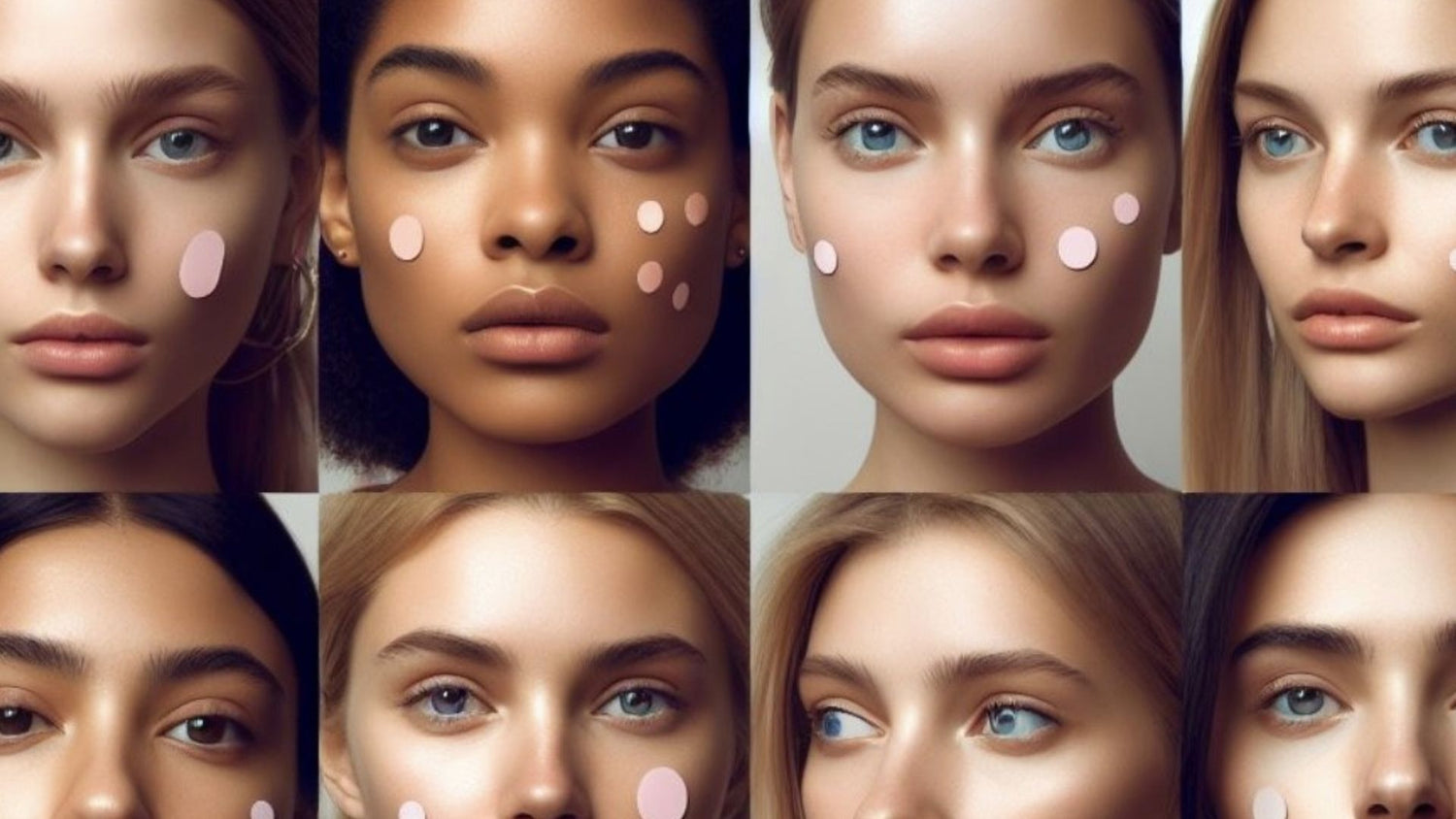The benefits of vitamin C for skin have turned the ingredient into a cosmetic darling—and deservedly so. It brightens the face, evens out skin tone, limits UV damage, and increases collagen production.
But there’s one downside: The star antioxidant is notoriously unstable and thus has a limited shelf life.
“Vitamin C is inherently a biologically unstable molecule that oxidizes upon exposure to air, light, and heat,” explains Julia Tzu, M.D., a New York–based dermatologist and founder of Wall Street Dermatology. So when serums or lotions are not stored in cool, dark, and dry conditions, that can speed up oxidation, causing the “degradation of the molecule,” she says. And when the vitamin oxidizes, there’s no benefit to the skin.
Enter vitamin C powder, which is exactly what it sounds like: a powdered version of vitamin C that cosmetics makers claim can be added to any moisturizer and dissolves to have the same effects, without the instability.
But the other big reason for the popularity of powdered vitamin C—which you mix at home into your existing skin-care products—is the overall hype around DIY beauty and creating a customized skin-care routine by combining various ingredients, Robinson says. “Companies are capitalizing on the do-it-yourself trend,” he says.



